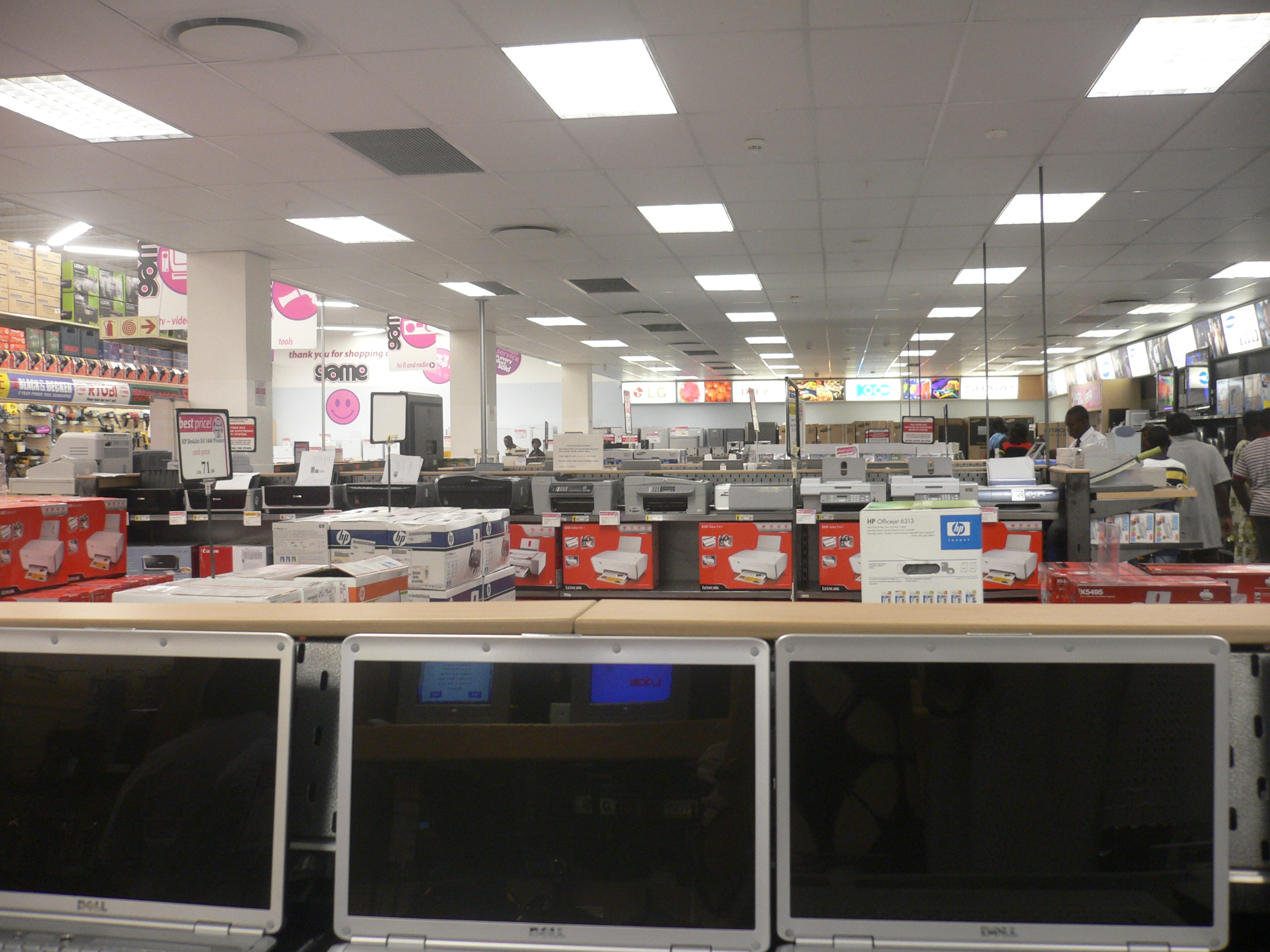The largest semiconductor chip-exporting country has warned of increased manufacturing problems due to global water and electricity shortages, Bloomberg wrote.
Taiwan's year-long drought has put the national economy in serious jeopardy. The global warming in the country has left the country short of electricity and water resources, which is affecting Taiwanese chipmakers struggling with a global shortage of semiconductors. There are problems in other industries as well as in agriculture.
"In the medium term, energy and water will be key factors for Taiwan in terms of food security and the growing investment in the semiconductor industry," said a representative of a major French investment bank.
According to Taiwan's climate change monitoring website Taiwan Adaptation Platform, from 1957 to 2006, the country's summers lengthened by a month and winters became about 30 days shorter, respectively. The average temperature has risen by about 1.3 degrees Celsius in the last hundred years, twice the global average. Meteorologists predict that the temperature will rise by a similar amount before the end of the century.
The drought is affecting 23.5 million people as they wait for the rainy season to replenish reservoirs. Due to attempts by factories to maintain production volumes, electricity is sometimes lost across the island.
source: bloomberg.com
Taiwan's year-long drought has put the national economy in serious jeopardy. The global warming in the country has left the country short of electricity and water resources, which is affecting Taiwanese chipmakers struggling with a global shortage of semiconductors. There are problems in other industries as well as in agriculture.
"In the medium term, energy and water will be key factors for Taiwan in terms of food security and the growing investment in the semiconductor industry," said a representative of a major French investment bank.
According to Taiwan's climate change monitoring website Taiwan Adaptation Platform, from 1957 to 2006, the country's summers lengthened by a month and winters became about 30 days shorter, respectively. The average temperature has risen by about 1.3 degrees Celsius in the last hundred years, twice the global average. Meteorologists predict that the temperature will rise by a similar amount before the end of the century.
The drought is affecting 23.5 million people as they wait for the rainy season to replenish reservoirs. Due to attempts by factories to maintain production volumes, electricity is sometimes lost across the island.
source: bloomberg.com





